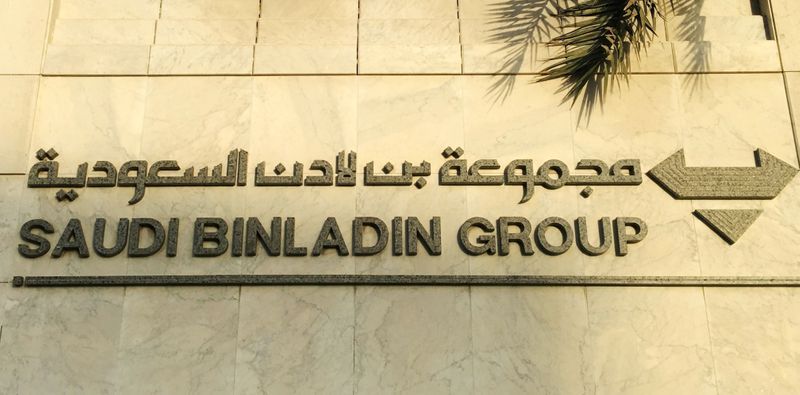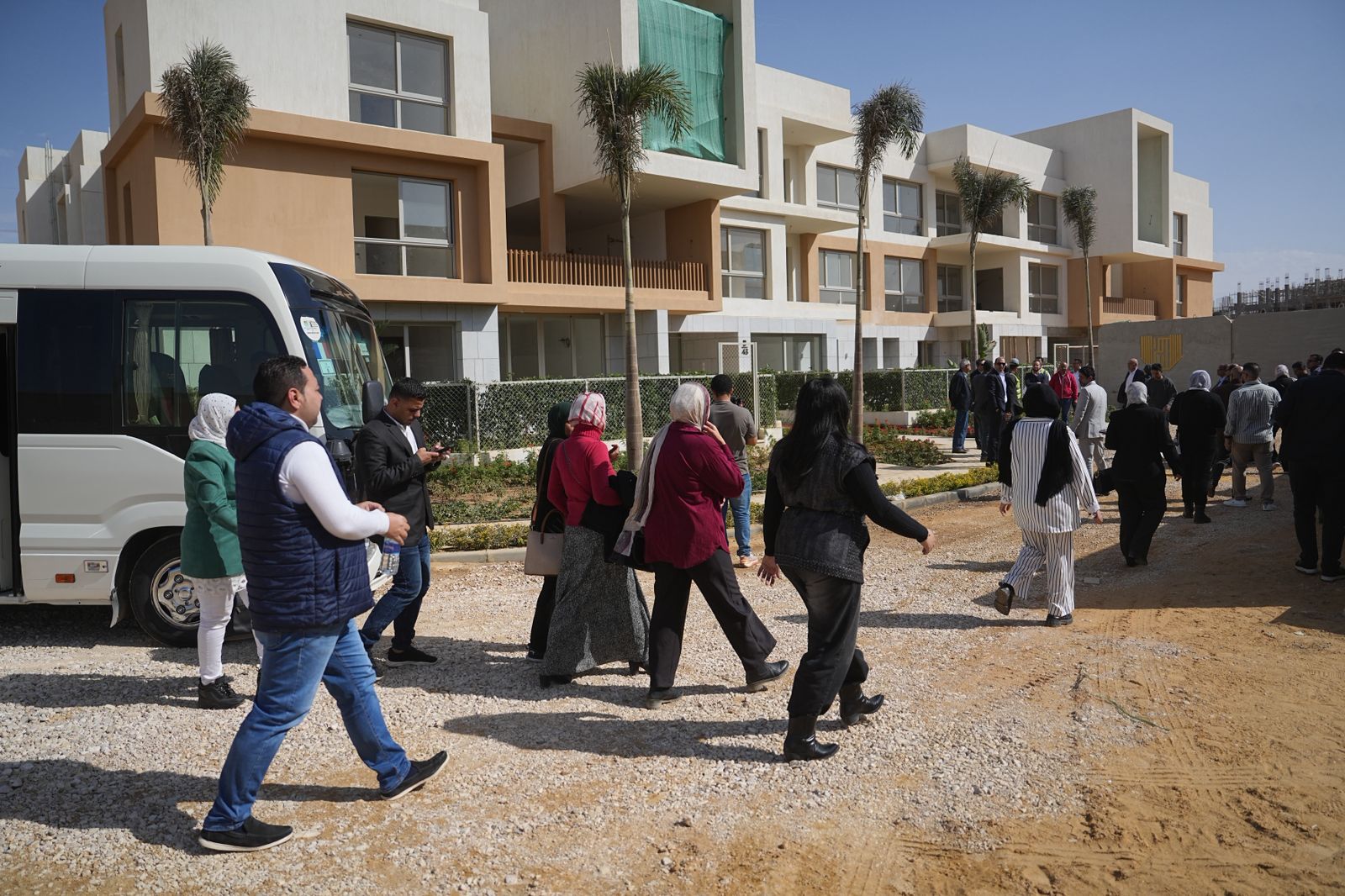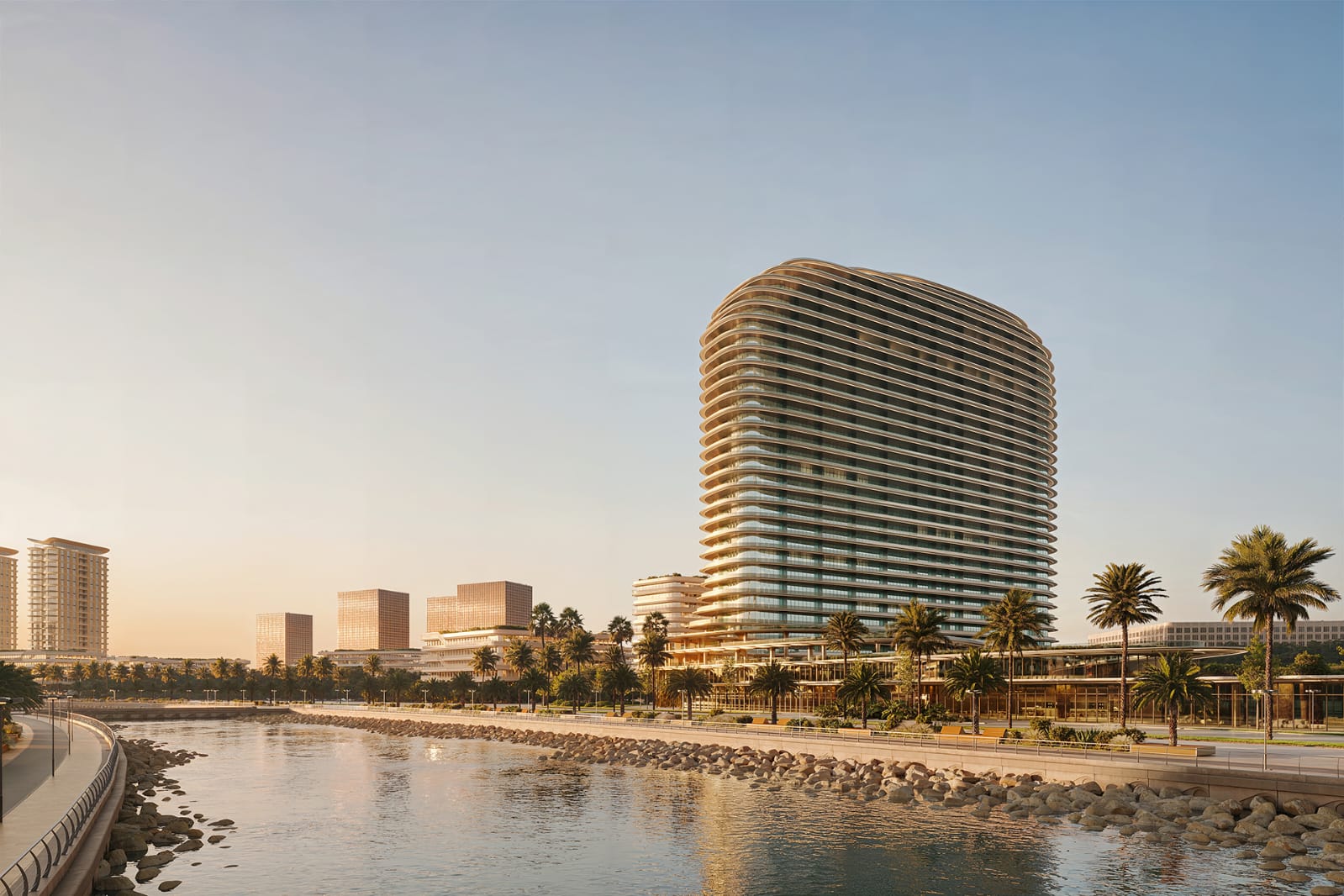Dubai- Massader News
The parent company of Saudi Arabia’s largest construction conglomerate Saudi Binladin Group said it would explore joint ventures and asset sales as part of its efforts to restructure an estimated $15 billion of debt, according to Bloomberg.
The Binladin International Holding Group also said in a statement that it wants to pursue opportunities in real estate development with its own land bank, including prime locations in the kingdom’s Holy City of Mecca.
The Jeddah-based company is currently attempting one of the Middle East’s biggest corporate-debt revamps, for which it’s being advised by U.S. investment bank Houlihan Lokey Inc. The government of Saudi Arabia, through the Finance Ministry, owns 36.22% in the holding company.
The conglomerate, founded in 1931, was for decades the royal family’s favored builder until a deadly accident in Mecca five years ago resulted in it being banned from taking on new projects for about eight months.
Its woes were compounded as work across the Middle East dried up in the wake of a slump in oil prices and the economic fallout of the coronavirus pandemic. The company has put thousands of employees on indefinite leave in recent months and reduced salaries during the Holy Muslim month of Ramadan.
The holding company also said:
The goal of its transformation program is to “reinvent” the company, making it the country’s and the region’s construction champion that will also support Saudi Crown Prince Mohammed bin Salman’s “Vision 2030” plan
Khalid Al Gwaiz, CEO of the holding company, said: “Saudi Arabia is among the largest in the GCC with regards to the size of the infrastructure and construction industry, with more than $825 billion worth of planned and un-awarded contracts. The industry has seen growth in the contracts awarded from $11.2 billion in 2016 to $56.2 billion in 2019.”
He adds: “We are confident that through this transformation process BIHG will positively impact the local economy through both the public and private sectors, create sustainable jobs, and contribute to the foundations of a diversified economy upon which the goals of the National Transformation Programme and Vision 2030 will rest.”











